Women celebrating women: this is what Maddie Ross is achieving with her Femfest feminist arts festival. Maddie has carved out a space in the Fringe world and is helping other artists break into the arts. She’s got an impressive CV: she’s produced work for the Edinburgh and Brighton Fringes, worked in TV production, and her documentary about sexual harassment in Brighton during the pandemic was selected for the Courage Film Festival in Berlin. But perhaps even more remarkable is her dedication to creating a supportive space for feminist work. We caught up with Maddie just before the launch of the fifth edition of Femfest to find out why some Fringe festivals can be problematic, what’s new at Femfest this year, and what’s she learnt from putting on the festival.
Femfest is back for a fifth edition from 7th to 10th of March, right on time for International Women’s Day. How does the festival honour female artists?
It’s rebellious, fun and, more importantly, it’s a safe space for women, the LGBTQIA+ community and non-binary people. I wanted to create a place where feminist work could be supported and celebrated and this is exactly what we will be doing during four days of Femfest. Out with the misogyny and in with the solidarity.
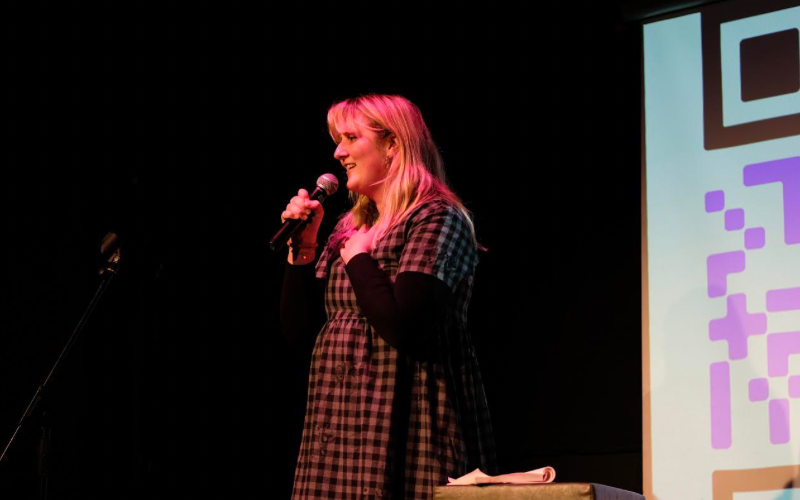
You’ve criticised Fringe festivals in the past, what do you find problematic about them?
I created Femfest out of anger because Fringe festivals are economically unsustainable for the artists. It’s pricing people out. It’s true that at the end of the day, they need to make money and have people’s salaries to pay and I do understand that, but it’s not enough. Also, women and non-binary people often don’t feel safe on these stages. Why? Because the theatre and comedy landscape is dominated by white men and it’s very frustrating. I’m tired of hearing their excuses like: “It’s just so hard to find women of colour or non-binary people putting on work”. Yes, it is additional work… You have to put in the effort to find these people. They are not going to come to you because they don’t know if your environment is safe for them. It’s a reality. Venue owners and people who are quite high up often don’t want to let feminists in… Fine! We’ll create our own.
What about Brighton Fringe?
I don’t want to criticise Brighton Fringe because what they do is so important. The problem is mostly systemic. It’s the way Fringe festivals are run, in general. It’s one big higher power that organises the actual festival, then it’s up to the venues to organise the shows. Finally, it’s up to the artists to organise themselves. And I just think that this model doesn’t allow for the support that early artists deserve. They need in-depth training!
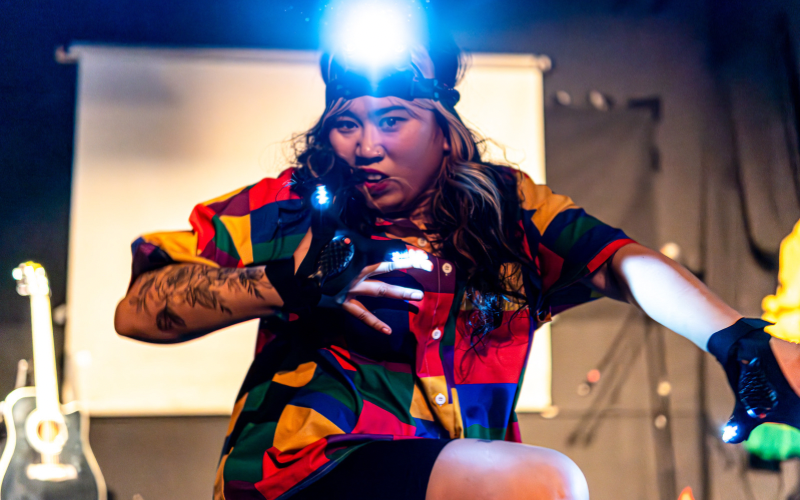
How do you ensure your event is a safe space?
It’s the very nature of who we are. We nurture our artists, we are always in contact to accompany them as much as we can and make sure they understand everything we ask for. We provide mentoring and additional support for people who are struggling with sales or press, for example.
We also want our audience to feel at peace so we offer a free ticket scheme for people who can’t afford our shows. We have a zero-tolerance policy on harassment – everything that is reported is dealt with. We also have a safeguard in place in case anyone is triggered by our content and needs to leave. There is a whole system in place to support that person. We also partnered with the Survivors’ Network and LGBT Switchboard, they do incredible work.
We make sure that content warnings are super clear for everyone and we have an access page on our website so that people know what to expect before they come to the festival. And, most of all, we work with compassion. It’s a kind space.
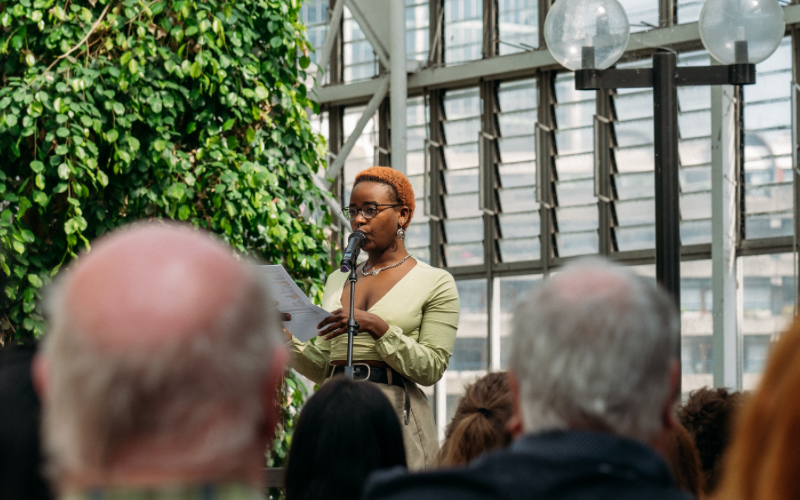
You’ve got some new additions for this fifth edition. Can you tell us some more about that?
Yes! How exciting. We have early-career artist support, consisting of nine mentors in production, tech, graphic design, directing and clown. We offer rehearsal sessions with them so artists can expand their work. We have a volunteer team to support with front-of-house and volunteer production assistants. This year, we are organising 27 events instead of 17. It’s getting big! We also decided to spread them over four days instead of a week, it just makes more sense to us.
What would you like to add to Femfest but can’t just yet?
I want all our venues to be accessible and not up a flight of stairs. But it’s very difficult in Brighton because most spaces are upstairs or, if they’re not, the venues are too big for us and we don’t want to put this pressure on our artists. It’s give and take, really.
We also want to stream all our events but it needs to be done right. We need great sound and image quality so that people can enjoy the experience from home and that costs a lot of money. Still, we are aiming to secure the funding to make it happen in the next couple of years.
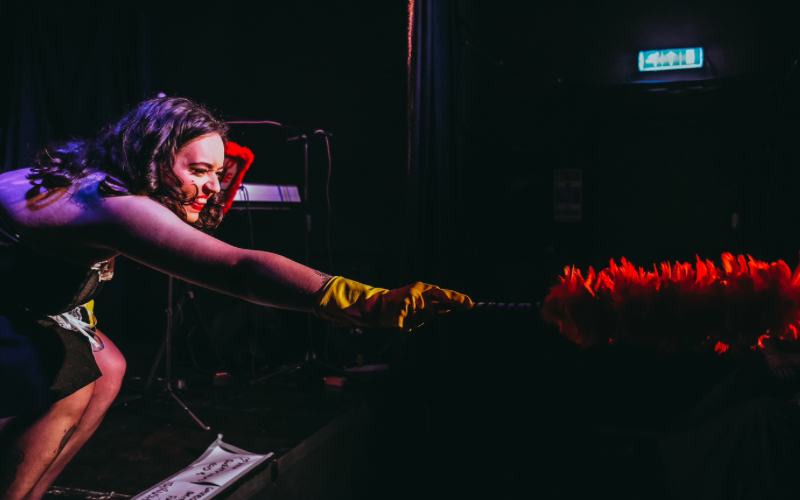
What have you learnt along this adventure so far?
So much! I think the first thing I’ve learnt is that Brighton claims to be this very liberal, open artistic place and, in reality, it’s a bit of a closed-door club. There is a real kind of cohort of artists that run the theatre and the performance scene and I think it’s hard to break into that. Carving out our space in the city and venues is important, it’s been an interesting learning lesson. I’ve learnt about how unprepared performers are when they arrive at festivals. Most of them never had risk-assessment courses and are missing key elements to put on a show. Trainings aren’t accessible enough, economically and beyond. I think it can put people off from getting into the industry. I’ve had to learn to have the patience to spend time teaching people. It’s not their fault.
I’ve also learnt a lot about myself. How to manage time and not burn out! I’m very good at making things on a tiny budget too, which is both good and sad!
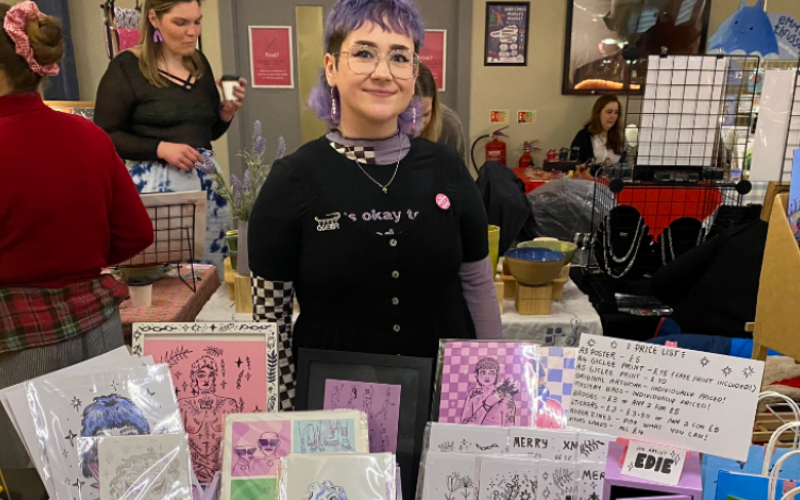
What would you say to the Maddie Ross of 2020, before it all began?
It’s going to be ok, people will turn up and they will have a great time. You’ve done so much! Your little flamingos are going to get so big. It’s exciting, enjoy it as much as you can!
A word to our readers?
Support and love each other. Find your community and life will be a much happier place. Seek out these kind of events because they are so important. Please don’t stay alone, there is an entire world to discover.
What’s your perfect day in Brighton?
Easy! I would have brunch at Trading Post, on Upper Gardner Street. Have a nice wander around the North Laine and maybe stop at the Feminist Bookshop. I also love going charity shopping in Kemptown and walking up St James’ Street. Then, hit a show in the evening after I’ve had dinner at the Salt Room.
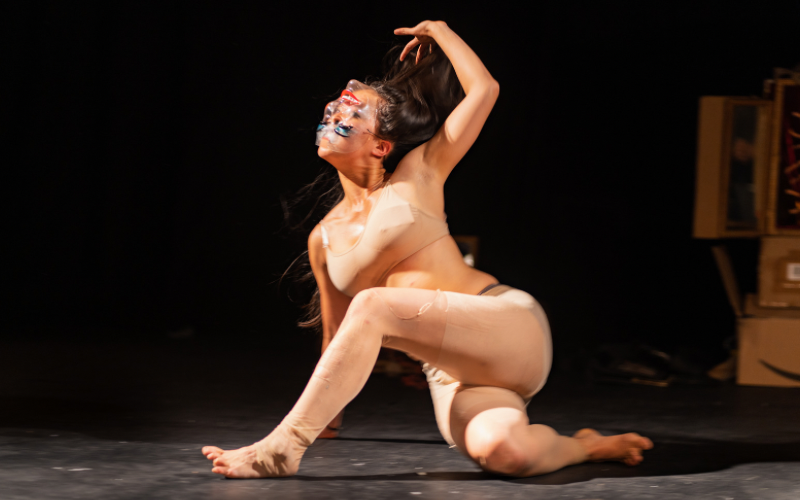
Is there a particular show you’re looking forward to seeing at Femfest?
All of ours, I’m not going to lie. But if pushed, I’d say Unforgettable Girl (pictured above), it’s about South Asian women stereotypes. Honestly, it’s incredible. And probably our cabaret nights!
What’s your favourite arts venue at the moment?
It’s definitely Brighton Dome since they reopened all their spaces. I’m impressed with the direction their programme is going. There’s big local support and I’m excited to see where it’s going.
Thank you, Maddie!
Femfest runs from Thursday 7th March – Sunday 10th March; various times and prices
The Actors, 4 Prince’s St, Kemptown, Brighton BN2 1RD
The Feminist Bookshop, 48 Upper N St, Brighton BN1 3FH
www.femfestbrighton.co.uk/
Photo credits: Bill Black, Deadplantz Film and Photography, Andy McCredie


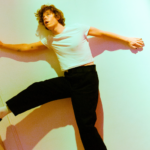
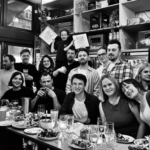
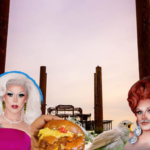
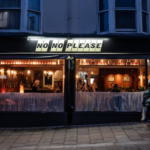

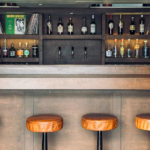
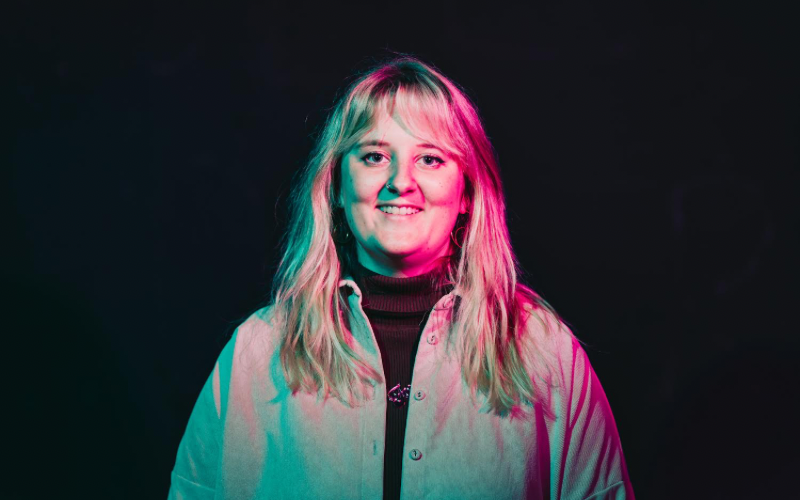
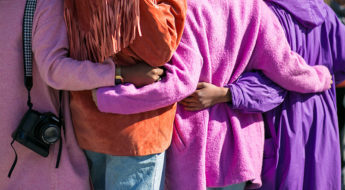
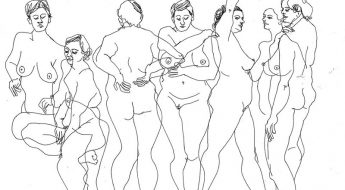
Recent Comments